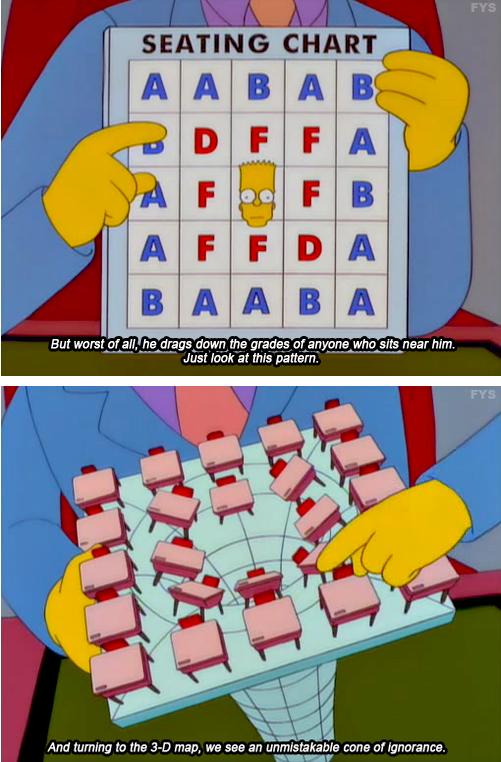Because they don't really exist in the way that they're in your head and are instead an excitation of a quantum field. A single quantum field that spans the Universe.
Remember that the speed of light is only a speed limit for things that carry information. This doesn't carry any information.
Remember that the speed of light is only a speed limit for things that carry information. This doesn't carry any information.

